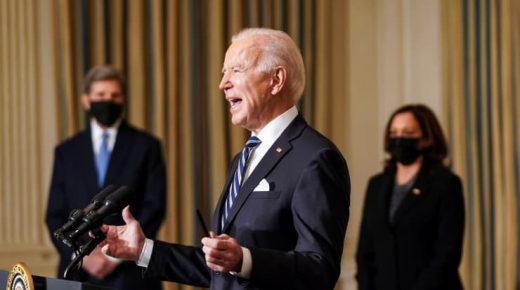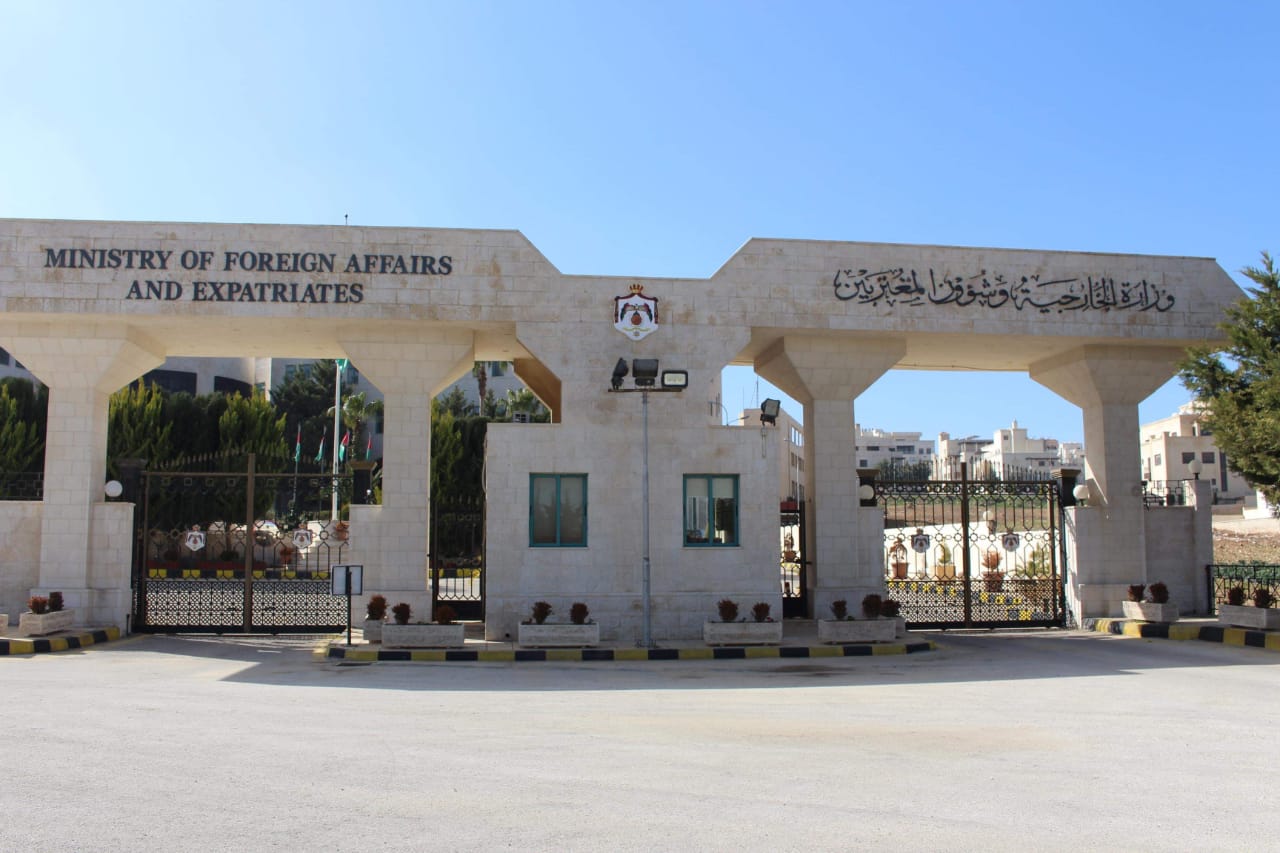saraha news
President Joe Biden this week is set to unveil details of a major infrastructure package that’s expected to include record spending on mitigating climate change and accelerating a nationwide transition to clean energy.
The president is expected to introduce up to $3 trillion in spending on efforts to boost the economy, including rebuilding aging infrastructure like highways, bridges and rail lines, and investing in technologies to reduce planet-warming greenhouse gas emissions.
The package may be split between two bills, starting with legislation that incorporates Biden’s Build Back Better agenda and supports his goal to achieve carbon-free power generation by 2035 and net-zero emissions by 2050.
The recovery plan will potentially involve installing thousands of electric vehicle charging stations and providing incentives to encourage Americans to purchase electric vehicles.
As a candidate, Biden vowed to establish ambitious fuel economy standards for gasoline cars to encourage a shift to electric vehicles. The transportation sector accounts for the largest share of U.S. emissions, according to the Environmental Protection Agency, and could be the most difficult to decarbonize.
The package also is primed to include funding to build millions of new energy-efficient homes and retrofit existing buildings to increase efficiency. There’s money to construct electric power lines that provide renewable energy and expand electricity storage.
Paul Bledsoe, a former Clinton White House climate advisor now with the Progressive Policy Institute, said Biden’s goal is to jumpstart the economy and create new jobs during the transition away from fossil fuels.
“Electrifying America’s cars and trucks, creating a nationwide smart grid, expanding electricity storage to allow more renewable energy, establishing universal high speed internet — all of these are intended to boost the productivity and competitiveness of the economy, while also cutting emissions,” Bledsoe said.
Loading low-carbon energy initiatives into an infrastructure bill will likely be more divisive in Congress than previous Covid stimulus legislation. The last major push to pass climate legislation through the Senate was in 2009, when congressional Democrats failed to pass a carbon-pricing system.








